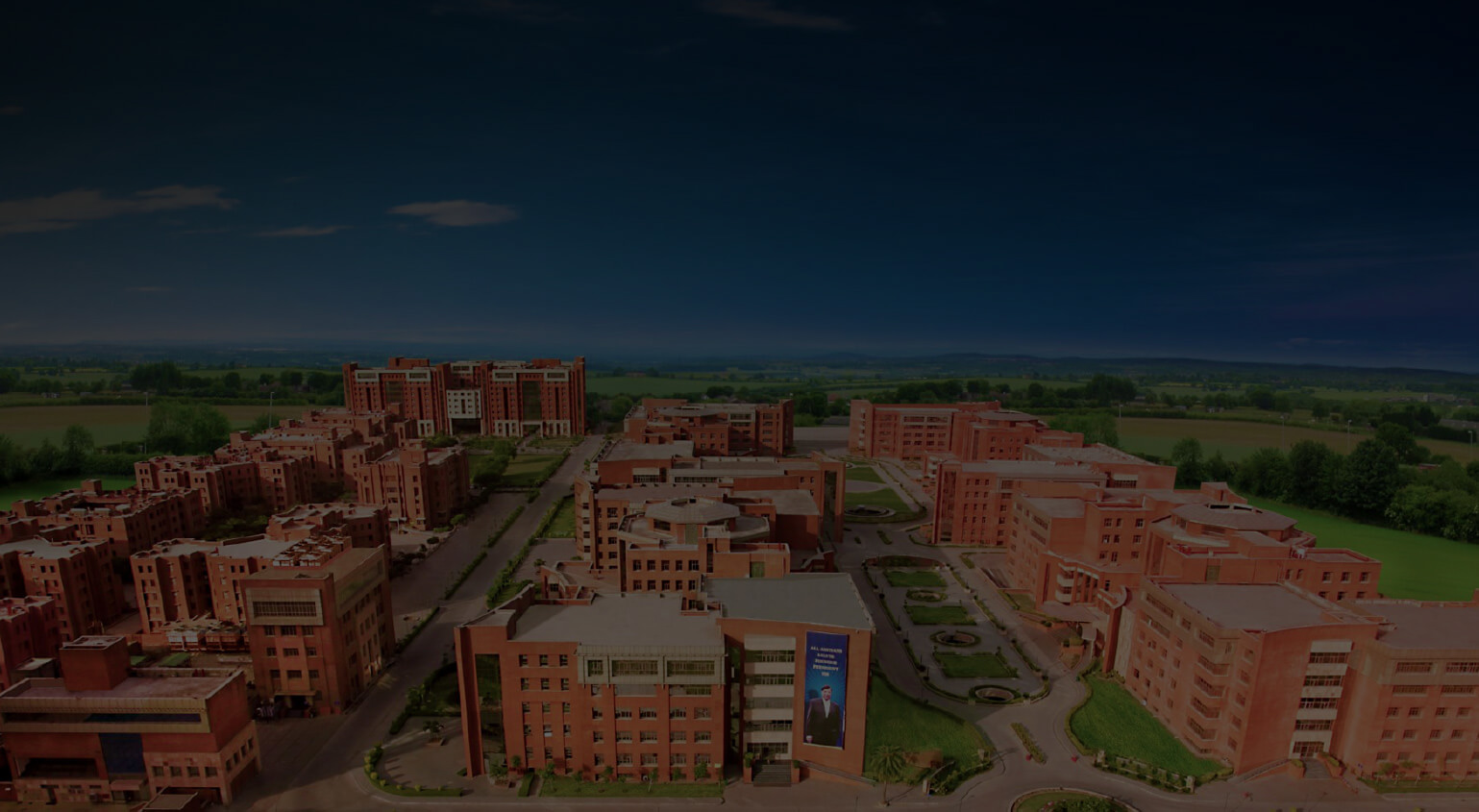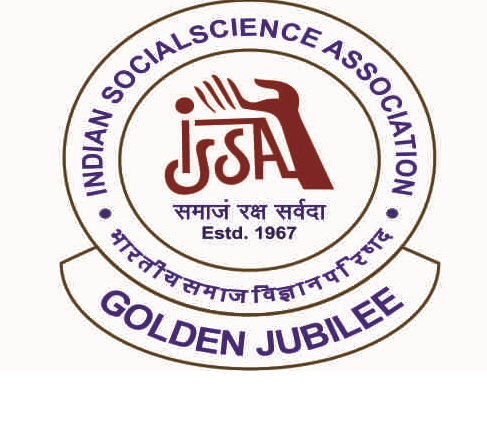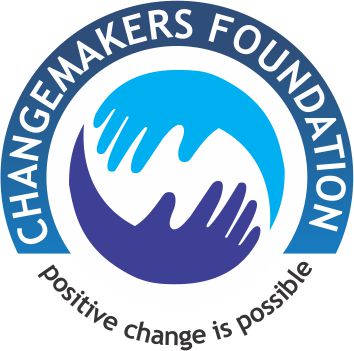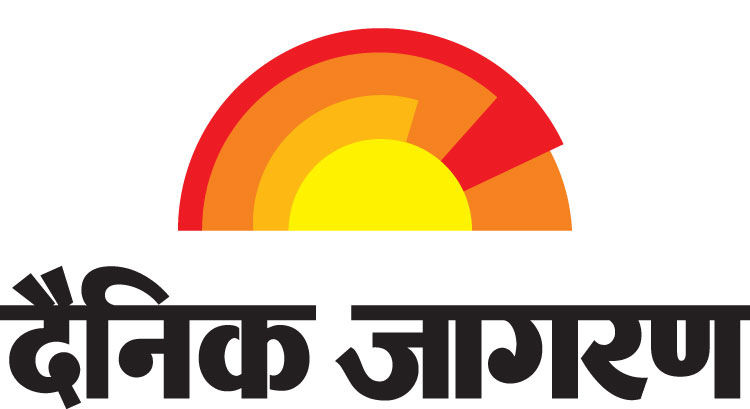ABOUT ICSS 2024
Amity University is organising its 1st International Conference on Social Sciences (ICSS) 2024 on the theme Navigating Social Landscapes: Exploring Contemporary Issues in the Social Sciences from 5th March 2024 to 6th March 2024, at Amity Institute of Social Sciences, Noida
The International Conference on Social Sciences (ICSS 2024) is a crucial platform designed to bring together a diverse group of scholars, researchers, practitioners, and policymakers. This collaborative forum aims to explore in-depth the complex and ever-changing areas of social phenomena that shape our interconnected world. Given the constantly shifting global landscape, there is an increasing recognition of the critical need to comprehend and effectively address multifaceted challenges embedded within the social sciences.
The conference is a beacon for fostering positive societal change by facilitating in-depth discussions, sharing cutting-edge research, and promoting interdisciplinary collaborations. Scholars converge to explore emerging theories, methodologies, and empirical findings that contribute to a nuanced understanding of complex social issues. As the world grapples with unprecedented transformations, the conference provides a space for dialogue on innovative solutions and strategies that transcend disciplinary boundaries.
The conference emphasises the significance of synthesising insights from multiple viewpoints to build comprehensive approaches to modern societal challenges in the pursuit of knowledge dissemination. Ultimately, these events serve as catalysts for constructive change, influencing the direction social sciences will take in the future and encouraging a shared commitment to creating a more knowledgeable, just, and resilient global community.
ABOUT AISS
At the Amity Institute of Social Sciences, we embark on a transformative journey where academic rigour meets societal relevance. With a commitment to fostering holistic development, our institute provides a dynamic learning environment that equips students with the skills, knowledge, and empathy needed to navigate the complex landscape of social issues.
Our innovative curriculum goes beyond conventional disciplinary boundaries, encouraging students to delve into the intersections of social work, development studies, political science, sociology, history, geography, philosophy and more. This unique interdisciplinary approach equips them with the skills to tackle the multifaceted challenges in today's ever-evolving global landscape.
Embracing the philosophy of learning by doing our programs seamlessly integrate practical experiences, fieldwork, and internships. This hands-on approach ensures that our students understand their chosen field deeply and acquire real-world exposure to social issues, fostering practical skills and critical thinking.
At the forefront of cutting-edge research, the AISS is a hub for scholarly exploration. Our esteemed faculty members, recognised in their respective fields, actively contribute to advancing social sciences. This commitment to research excellence extends to our students, who are encouraged to participate in research projects, nurturing a spirit of inquiry and critical thinking.
Recognising the importance of a global outlook in an interconnected world, our institute collaborates with universities and institutions worldwide. This commitment provides our students with invaluable opportunities for cross-cultural exchange, international internships, and collaborative research initiatives, enriching their academic experience.
We prioritise the well-being and success of our students. A supportive faculty, state-of-the-art facilities, and a vibrant campus community. This fosters an atmosphere where students can inquire, explore, and undergo personal growth.
Department of Social Work & Development Studies, AISS is hosting the first International Conference on Social Sciences 2024.
CONFERENCE OBJECTIVES
- Facilitate the exchange of knowledge, theories, and empirical findings among scholars and researchers in the social sciences.
- Encourage a multidisciplinary approach to studying social issues, fostering collaboration and cross-pollination of ideas across different fields within the social sciences.
- Inculcate Human Values amongst citizens for societal development.
- Discuss and derive policy implications based on empirical research to bridge the gap between academic insights and practical solutions for societal issues.
- Emphasize the importance of community engagement and participatory approaches in social science research, ensuring that research outcomes are relevant and beneficial to diverse communities.
|
Main Themes |
Sub Themes |
|
Social Work |
· Social work within indigenous communities · Evolving Technologies and its impact on Social Work Practice · Indian Foundations of Social Work · Advancements in curriculum, teaching methods, fieldwork training · Industrial Social Work and Labour Codes · Social Work & Corporate Social Responsibility · Climate change, disaster mitigation, and role of social work education and practice. · Human Rights: Refugees, war victims, migrants & vulnerable sections of society, etc. · Health & Social Work · Social Work Practice in Community Mental Health · Forensic Social Work · Social Work with Women and Children
|
|
Development Studies |
· Achievements and Impediments of Sustainable Development Goals (SDGs) · Political Dimensions of Development · Paradigms of Development · Gender & Development · Economic Dimensions of Development · Humanitarian Aid & Crisis Management · Public Policy & Development · Environment & Development
|
|
Political Science & International Relations. |
· Religion, Society and Political Economy · Power and Diplomacy · The Future of Governance in the Digital Era · Global Cooperation in the Era of Disruption · Democracy, Identity and Power · Conflict, Security and Power · G20 and India’s Presidency · 'India's Look East- Act East Policy · ‘India and the Indian Ocean: Sustainability, Security and Development’ · India-EU: Enhancing Strategic Partnerships · India’s Emerging International Relations. · India’s Foreign Policy- Retrospect & Prospects
|
|
History |
· Emerging Perspectives on History: State, Economy, Society and Culture through Various Ages |
|
Geography |
· Urban Resilience and Environmental Justice in the Anthropocene. · Transformative Geographies of Resource Consumption and Production. · Emerging Technologies and the Reorganization of Human-Environment Relations. · Migration, Mobility, and the Reshaping of Geographies of Risk and Resilience. · Post-Pandemic Geographies: Health, Wellbeing, and the Remaking of Place.
|
|
Sociology |
· Social Justice and Inclusivity · Marginalised Communities · Ageing Population · Women and their problems · Crime and Deviance · Public Health and Society · Environment and Society · Society and Globalisation and Migration · Gender Inequality · Youth and Society |
|
Journalism & Mass Communication |
· New Media: Opportunities and Challenges · Freedom of Media: Global perspective · Journalism Ethics and Professionalism · Public Relations and Advertising: new age need |
|
Philosophy |
· Philosophy and Indian Knowledge System · Navigating the ethical and humanitarian challenges in bioethics. · A Philosophical Inquiry into constructivism in Education |
|
Anthropology |
· Applied Anthropology in empowerment and sustainability. · Anthropological Inquiry across cultural, biological, and archaeological dimensions |
|
Ethics & Human Values |
· Contemporary ethical frameworks and theories · Human values and technology integration · Human value and professional ethics in higher educational institutions · Harmony in nature & existence. |
PUBLICATION OPPORTUNITIES
- Selected papers will be published as Conference Proceedings with an ISBN Number, subject to a copyright form duly signed and submitted after acceptance of the paper.
- Selected papers will get a chance to be published in reputed journals/Edited Books (listed Scopus/Web of Science/UGC Care).
BEST PAPER AWARDS
Gain the opportunity to win the prestigious Best Paper Awards, honouring excellent contributions to several conference tracks.
AUTHOR GUIDELINES
- The paper submitted should be an original and unpublished work. Any paper submitted identical or substantially like work already published or under review for another conference or publication will not be considered.
- A cover letter certifying that the manuscript is original and has neither been published anywhere nor is being considered for any other publication should accompany the manuscript.
- Original papers based on theoretical or empirical work related to the themes mentioned above/sub-themes are solicited for presentation at the conference. An extended abstract of the paper should not be more than 250 words with at least five keywords. The extended abstract should include title, author(s) details, introduction, methods and materials, results and discussion, conclusion, keywords acknowledgement (if any), and references.
- Extended abstracts will be accepted in .doc or .docx format review emails on an attachment. The main body of the e-mail message should contain the paper's title and all authors' names and addresses. A cover page should accompany the manuscript and include all contact information for all manuscript authors (affiliation, postal address, email address, and phone number).
- The extended abstract adheres to precise formatting guidelines to ensure clarity and professionalism. The chosen font style is Times New Roman, with a text size of 12pt, while titles and section headings stand out at 14pt. The document maintains a clean and organised appearance with a line spacing 1.5 and justified text.
- The Review Committee will screen the abstract(s). The abstract(s) approved by the committee will be selected for the submission of the full-length paper for the conference. All the author(s) of the accepted papers will be intimated accordingly.
- The first page of the manuscript should have the broad theme, title of the paper, name of the author(s), organisation’s affiliation, complete postal address, phone number, fax number (if any) and e-mail address followed by abstract and full paper. Kindly do not mention the author(s) name, affiliation or any other such information inside the manuscript.
- The recommended length of the research paper should be between 4000 and 6000 words. The font used should be Times New Roman with a font size 12 and double-spaced.
- Tables, illustrations, charts, figures, etc., should be serially numbered and acknowledged. Sources of the data need to be given below each table.
- First-level subheadings should be left-justified, in upper and lower case, and printed in 14-point Times New Roman boldface; second-level subheadings should be left–justified, in upper and lower case, in 12-point Times New Roman boldface. The paragraph begins right after the sub-heading. Headings and sub-headings will not carry any numbering.
- References should be complete in all respects, with authors’ surnames arranged alphabetically, following conventional citation styles. Authors are requested to follow the APA Style.
- Multiple authors, if attending the conference, will have to register separately to be entitled to the conference certificate (Authors who do not register will not be entitled to the conference certificate). Authors keen to present more than one paper must register for both separately.
- The author(s) must register for the conference by 15th February 2024 to ensure the inclusion of the paper in the conference proceedings. Without registration, the paper will not be included in the conference proceedings.
Zoom/Virtual presentation.
- Participation is also solicited for Zoom/virtual presentations for international participants.
- You are also welcome to volunteer to participate as session chairs, reviewers and program committee members.
Awards and Certificates:
- The Program Committee will confer the Best Paper Award. A certificate of presentation will be issued to participants presenting their research at the conference.
- Certificate for chairing a session will be issued to chairs acknowledging their contribution to the conference.
IMPORTANT DATES
- Last Date of Abstract Submission- 07th February 2024
- Acceptance of Abstract- 15th February 2024
- Last Date of Registration- 20th February 2024
- Full-Length Paper Submission – 20th February 2024
Submit a paper on the link - https://cmt3.research.microsoft.com/ICSS2024
Submit your abstract by emailing - icss@amity.edu
Register on https://amity.edu/aiss/ICSS2024
Registration
|
Category |
Registration Fees |
||
|
National (Rs) |
International |
||
|
Author |
Corporate |
2,500/- |
100 USD |
|
Academician |
2,000/- |
75 USD |
|
|
NGO |
2000/- |
75 USD |
|
|
Research Scholar |
1,500/- |
50 USD |
|
|
Student |
1000/- |
20 USD |
|
|
Delegate |
Corporate |
2,500/- |
100 USD |
|
NGO |
1000/- |
40 USD |
|
|
Academician |
12,00/- |
50 USD |
|
|
Research Scholar |
1000/- |
30 USD |
|
|
Student |
700/- |
25 USD |
|
- Author means "One whose paper is either accepted or accepted and presented”.
- Delegate means "One who is attending the conference but not submitted the paper”.
ORGANISING COMMITTEE
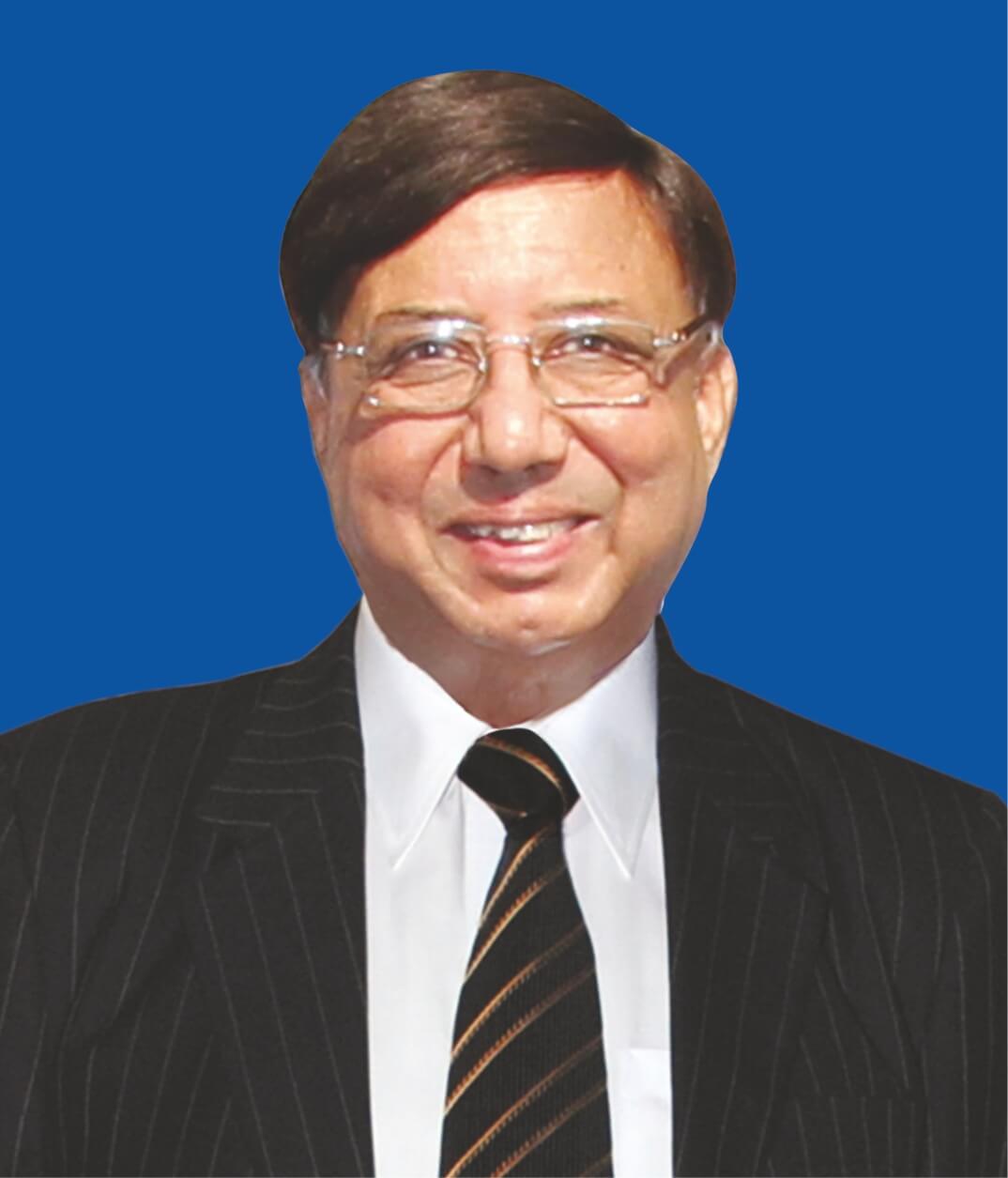
Dr. Ashok K Chauhan
Founder President,
Ritnand Balved Education Foundation (RBEF)
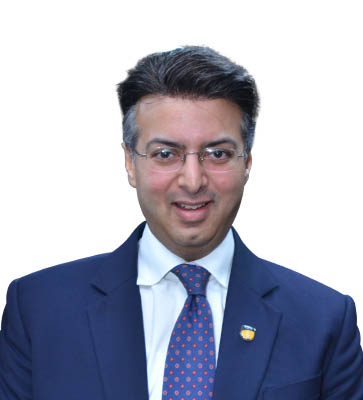
Dr. Atul Chauhan
Chancellor,
AUUP, Noida, India & President, RBEF
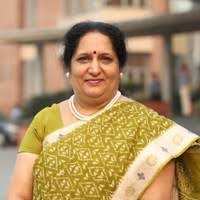
Prof. (Dr.) Balvinder Shukla
Professor-Entrepreneurship, Leadership, and IT
Vice Chancellor, Amity University Uttar Pradesh

Prof (Dr) Nirupama Prakash
Director,
Amity Institute of Social Sciences
Amity University Uttar Pradesh

Dr Prashant R Chauhan
Programme Leader- BSW, MSW, MA (Development Studies)
Stream Coordinator- Social Work
Department of Social Work and Development Studies
Amity Institute of Social Sciences,
Amity University Uttar Pradesh
TECHNICAL PROGRAM COMMITTEE
1. Dr Rama Srivastava, AISS, Amity University, Noida, India
2. Dr Deepti Tripathi, AISS, Amity University, Noida, India
3. Dr Avanish Bhai Patel, AISS, Amity University, Noida, India
4. Dr Bhawna Sharma, AISS, Amity University, Noida, India
5. Dr Anna Nath Ganguly, AISS, Amity University, Noida, India
6. Dr Som N Thakur, AISS, Amity University, Noida, India
Contact Us
Dr Prashant R Chauhan
Conference Convener (ICSS2024)
Amity Institute of Social Sciences
K3 Block, Lower Ground Floor,
Amity University Uttar Pradesh
Sector 125, Noida- 201303
Mobile- +91 9971128633
Phone No - +91-120-4358643
Email- prchauhan@amity.edu
2024 all rights reserved. AKCDS

